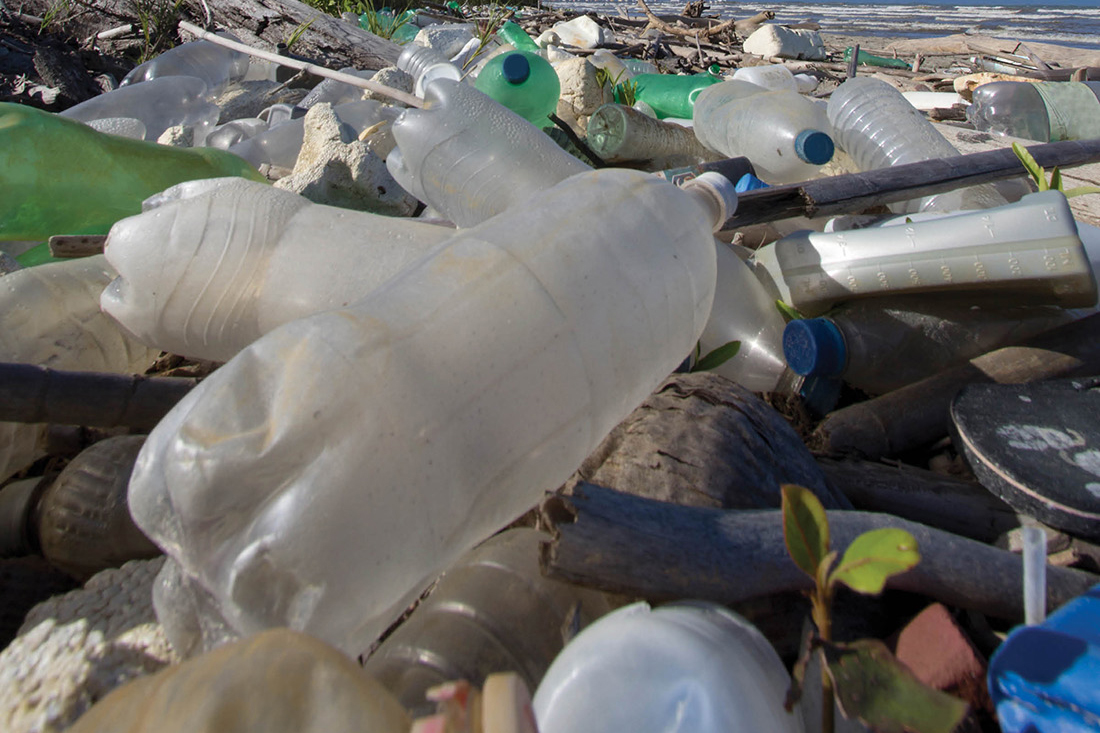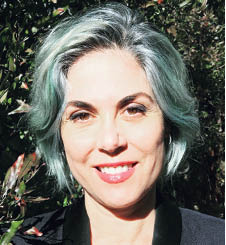By Lisa Kaas Boyle, BA’86

Jacques Cousteau said we protect what we love. I have been in love with nature—and aware of how precious it is—since the first Earth Day in 1970 when a group of ecologists took my first-grade class on a nature walk in a nearby park. Escaping the classroom into the relative wild, I looked at the world with new eyes. I was hooked.
Growing up in Nashville, I had plenty of opportunity to be outdoors. My long runs, sometimes with my father, Vanderbilt professor Jon H. Kaas [the Gertrude Conaway Vanderbilt Distinguished Professor of Psychology], often took me to my favorite place, Radnor Lake.

As a Vanderbilt undergraduate my interest in science flourished—as did my interest in law. These two strands came together for me at Tulane University Law School, where I became part of that school’s first graduating Environmental Law Clinic in 1990.
The first client I represented was Greenpeace in a First Amendment case. The group wanted equal free-speech access to a public area at the Louisiana Department of Natural Resources, where a longstanding display by the petrochemical industry touted the benefits of plastics being manufactured nearby. The area highlighted in the display was known to many as “cancer alley,” so called for being a top producer of petrochemical goods and also because of its dense concentration of health problems among workers and residents. Fish eat plastic, and therefore so do we. Plastic also leaches petrochemicals into food and drink packaged in plastic, especially if the plastic is heated or if the food or drink is acidic.
We finally won the right to put up a Greenpeace display with facts about the negative impact of these chemicals on health and the environment.
That work with Greenpeace served as my introduction to the ways in which petroleum is turned into single-use products that last forever in our environment. After law school I worked at an ocean protection nonprofit in Los Angeles called Heal the Bay, which directs International Coastal Cleanup Day in California, and learned that seven of the top 10 items found on beaches around the world are single-use plastics. I felt compelled to spread awareness of the problem and encourage others to stop using these plastics.
In 2009 three friends and I co-founded Plastic Pollution Coalition at my dining room table, adding a fourth “R”—Refuse—to the traditional three: Reduce, Reuse and Recycle. Why “refuse”? Because disposable plastic is made from petroleum, is used for only brief periods and lasts forever, causing great harm to wildlife and humans.
As a lawyer I have worked on legislation to reduce the amount of plastic pollution, from California’s ban on plastic bags to the 2015 banning of plastic microbeads as exfoliants in consumer products—model legislation I co-drafted that became a national law, with bipartisan support. These small plastic beads bypass sewage treatment and go directly from sinks and showers into our lakes, rivers and oceans.
Most recently, I joined my friend Evelyn Wendel, founder of WeTap.org, as executive director of the nonprofit, which is focused on solving water-bottle pollution by offering the only sustainable solution: public hydration stations. Sadly, infrastructure for public water has been abandoned or is in disrepair, leaving corporations to fill the void with privatized water sold to us at exorbitant prices in single-use plastic containers. WeTap is making sure that water, a basic human right, is available in the public forum for free, especially in schools, parks, and at public transportation hubs.
The process of bottling water takes three times the amount of water actually contained in the bottle itself, potentially making water as rare as the petroleum that’s being used to package it. And yet, international corporations like Nestlé continue to buy up public aquifers against increasing public protest.
So far, WeTap has been successful at establishing Tap Water Day and getting $30 million appropriated in California for school water fountains. WeTap has developed a mobile app to geotag and rate water fountains around the world, and our Instagram account has pictures uploaded daily by people drinking from public fountains on every continent.
The U.S. is lucky to have the Safe Drinking Water Act holding our public water to the highest standards, but we must fight to keep our infrastructure modern and in good repair so that clean, safe, free water is available and desired by the public to refill reusable water bottles instead of relying on privatized water packaged in harmful plastic.
Are you ready to join WeTap’s “refill revolution”?
Lisa Kaas Boyle, BA’86, is an environmental lawyer in Southern California and serves as executive director of WeTap.org. Her daughter, Lillian Claire Boyle, is a Vanderbilt senior.